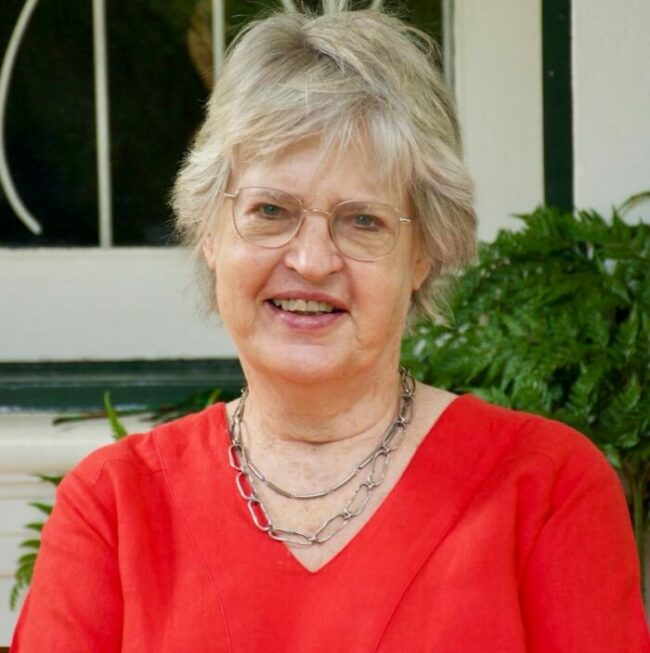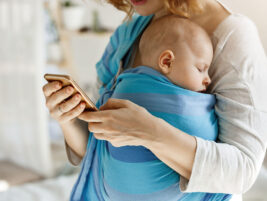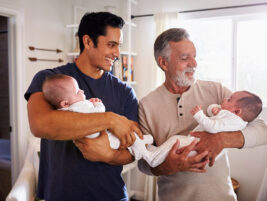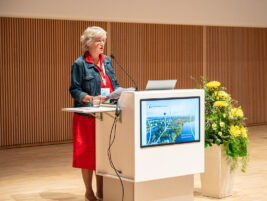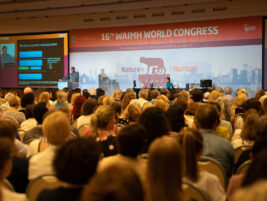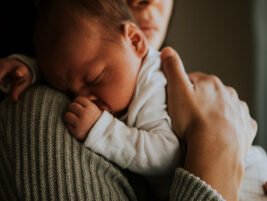Dear Colleagues and Friends in WAIMH
During my presentation at the WAIMH Congress in Tampere in June 2024, I discussed how the Developmental Origins of Health and Disease (DOHaD) field is gaining traction globally.
DOHaD research highlights the importance of social contexts in determining development, emphasizing our social and political responsibility towards those who need it most, as they will be the adults of the future.
“… these innovative characteristics raise questions regarding potential specific social responsibility…about pathways to a socially just and scientifically robust implementation of DOHaD knowledge In society…” (Penkler et al, 2018)
The words “potential specific social responsibility” ring loudly for me at this critical time and I struggle to know where we as WAIMH position ourselves in the current global situation.
We are not politicians, and we are not there to take sides nor are we there to make categorical statements about complex situations. But we have a “specific social responsibility” to speak out when harm is done to the young – the babies and toddlers specifically. Because they cannot speak, and we, the adult world, need to be their voice and speak for them.
The world news is heart-breaking and devastating on all fronts. What can we do, knowing what we know about the vulnerability and sensitivity of the developing infant brain?
What does it mean to be human? Is it not about relationships, about caring not just for the self, but also the other? And is it not about caring for those who cannot care for themselves? It is that humantistic tradition which gave birth to the Infants Rights document, it is that for which WAIMH stands.
These are nice words but they are not enough. We also need to act. So, what is WAIMH doing?
There is the Global Crises Working Group – we have had a webinar with Ukrainian colleagues in July 2022. Unfortunately the destruction of infrastructure in Ukraine made it impossible to meet again online. However we were fortunate that we were able to meet as a larger WAIMH group at the Dublin Congress in 2023. It was good to see the eagerness to help each other, and many ideas were discussed.
Thereafter some members participated in a Workshop organized in Palestine, followed by joint meetings with the Affiliate Groups with Palestine and Israeli colleagues.
As a result, there is a strong desire to arrange an in-person meeting, especially with individuals working on the frontlines of current crises in regions where WAIMH has established connections. This requires some planning and organizing, so it is too early to say whether we can make this happen.
Furthermore, our webpage Infants in Crises provides a list of the top 10 humanitarian crises listed by the International Rescue Committee as well as a list of resources that might be helpful for colleagues providing support on the ground.
Then finally, as a very long term goal, we have started the process to become a non-State actor in official relations with the World Health Organization. Our unique contributions to this global body could be advocating for the importance of early life interventions, promoting infant mental health, and improving access to effective mental health services for all infants. Due to limitations in global funding, our proposal may not be a priority for the WHO at this moment in time.
In the meantime, we are going ahead with the preparations for the WAIMH Congress to be held in Toronto in October 2026. We will address the various challenges affecting young children and their families, honouring our commitment to supporting the well being of all infants and their caregivers.
Respecting our shared humanity is essential for our prosperity on this planet.
I send my greetings to you all with this aspiration and hope.
Authors
Astrid Berg,
President of WAIMH,
Emerita A/Professor at the University of Cape Town,
Extraordinary A/Professor at Stellenbosch University,
Cape Town, South Africa


